Britain & Ireland
What was it about industrialisation that led to the emergence of a woman’s movement in Victorian Britain? Why do we see so many people fighting for so many rights and liberties in this period and what are the origins of some of the issues we still campaign on today? This section includes our major series on Social and Political Change in the UK from 1800 to the present day. There are also articles and podcasts on the often violent relationship between England and Ireland during this period and England’s changing relationship with Scotland and Wales. Read more
Sort by:
Date (Newest first) | Title A-Z
Show:
All |
Articles |
Podcasts |
Multipage Articles
-

The Great Yarmouth Suspension Bridge Disaster of 1845
ArticleClick to view -

The Handing Back of Hong Kong: 1945 and 1997
ArticleClick to view -
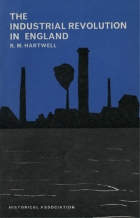
The Industrial Revolution in England
ArticleClick to view -

The Irish historians' role and the place of history in Irish national life
ArticleClick to view -

The Irish in Britain 1815-1914
ArticleClick to view -
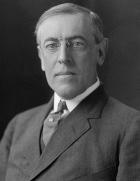
The League of Nations
ArticleClick to view -
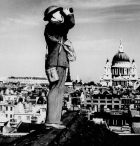
The Mechanical Battle of Britain
ArticleClick to view -

The Military Historian and the Popular Image of the Western Front, 1914-1918
ArticleClick to view -

The National Insurance Act 1911: three perspectives, one policy
ArticleClick to view -
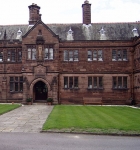
The National Memorial to William Ewart Gladstone
ArticleClick to view -
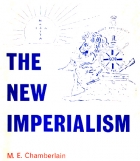
The New Imperialism
ArticleClick to view -
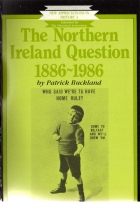
The Northern Ireland Question 1886-1986
ArticleClick to view -
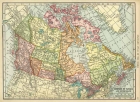
The Northern Limit: Britain, Canada and Greenland, 1917-20
ArticleClick to view -

The Origins of Mass Society: Speech, Sex and Drink in Urbanising Britain, 1780-1870
ArticleClick to view -
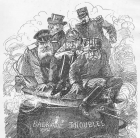
The Origins of the First World War
ArticleClick to view -

The Origins of the Local Government Service
ArticleClick to view -

The Origins of the Second Great War
ArticleClick to view -

The Oxford Movement and Anglican Ritualism
ArticleClick to view -

The Pennsylvanian Origins of British Abolitionism
ArticleClick to view -

The People's Pension
ArticleClick to view

